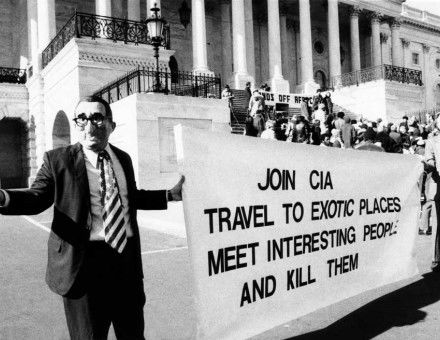Regulars Versus Rebels
Bruce Collins assesses various wars of national liberation and role of guerrillas throughout the world.
It is often, assumed that the guerrilla fighter, as it was once said of the bomber, will always get through. Certainly, the record of the wars of 'national liberation' since 1945 lends weight to that contention. From Aden to Zimbabwe and from Cyprus to Vietnam, initially small guerrilla forces have chalked up a remarkable score of successes in overthrowing incumbent regimes dependent upon regular troops. One question frequently raised this year is whether the African National Congress in South Africa will follow the well-beaten path from protest to rebellion and launch a full-scale guerrilla campaign within the republic. If it does, will the white South Africans' confidence in their highly trained and still largely unused regular forces – the best equipped in the continent – prove justified? Or will the guerrilla get through? For the historian it is always intriguing, if admittedly dangerous, to argue from analogy; one such, often overlooked by the experts theorising about counter-insurgency, is the Battle of Algiers which began thirty years ago this month.





